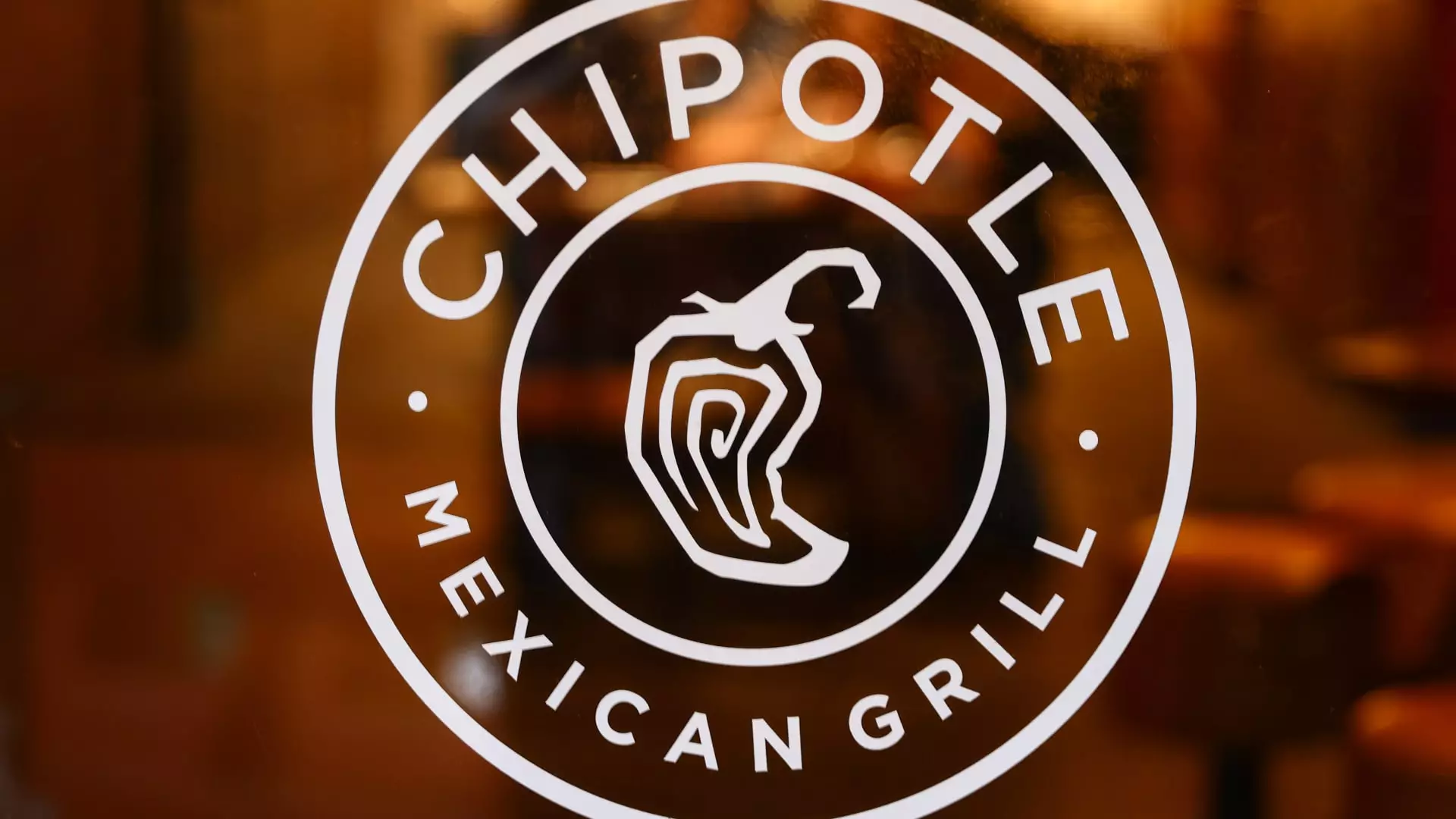Chipotle Mexican Grill’s decision to launch its first restaurant in Mexico in 2026 is replete with both potential and peril. The fast-food giant has recently inked a partnership with Alsea, a major player that manages iconic Western brands in Latin America and Europe. This ambitious leap comes at a time when the U.S.-Mexico relationship is fraught with tension under the ongoing strain of trade policies. The very notion of expanding into a country deeply rooted in its own historical and culinary traditions raises eyebrows and prompts us to ask: Why inscribe this chapter in an already complicated narrative?
Familiar Ingredients, Foreign Palates
Chipotle believes that the familiarity with its menu’s ingredients will resonate deeply with the Mexican consumer. However, this sentiment must be tempered with the awareness that U.S. interpretations of Mexican food often miss the mark. Unlike the plethora of fast-food options that have redefined culinary standards back home, authentic Mexican gastronomy presents a formidable backdrop that could overshadow a brand perceived as foreign. Hence, Chipotle’s path is littered with challenges; namely, recreating a beloved cultural experience that has roots far beyond what a burrito can encapsulate.
The History of American Chains in Mexico
Recent history provides cautionary tales. Take Taco Bell, for instance. Their two failed attempts to penetrate the Mexican market serve as a stark reminder that novelty does not always translate to acceptance. Chipotle risks entrenching itself in a tough terrain where local authenticity reigns supreme, bringing to question the efficacy of its business model in a land where traditional flavors thrive. The question looms large: can a corporation steeped in American fast cuisine truly capture the hearts of a discerning customer base that harbors rich culinary lineage?
Strategic Sourcing Amid Tariff Complications
Another layer to this gamble is the uncertainty surrounding agricultural trade. With half of its avocados being sourced from Mexico and trade agreements teetering on fragile grounds, Chipotle’s dependence on Mexican produce adds another risk factor to their equation. The halted imposition of a 25% tariff was a temporary reprieve; however, it highlights the precarious nature of international commerce. Economic unpredictability may not only affect pricing strategies but could also sabotage efforts to establish a foothold in a competitive market.
Latino Market Dynamics and Brand Recognition
It would be foolish to underestimate the latent potential of the Latino market. A thriving demographic in the U.S. has an affinity for Chipotle, which suggests that the brand could potentially leverage this existing relationship to establish credibility in Mexico. However, will a sense of familiarity translate into loyalty? Brand recognition does not guarantee sales traction, especially when competing against established local brands that weave cultural narratives into their offerings. Chipotle must do more than sell food; they need to create an experience that aligns with their consumers’ values, tastes, and expectations.
Ultimately, Chipotle’s venture into Mexico appears to be a high-stakes endeavor conditioned by numerous variables, both external and internal. While the initial optimism surrounding the expansion is palpable, the road ahead is fraught with potential pitfall. In a climate where a successful market entry requires more than just an attractive menu, Chipotle must navigate its expansion with strategic acumen and cultural sensitivity or risk becoming just another American entity overshadowed by the local culinary giants.

